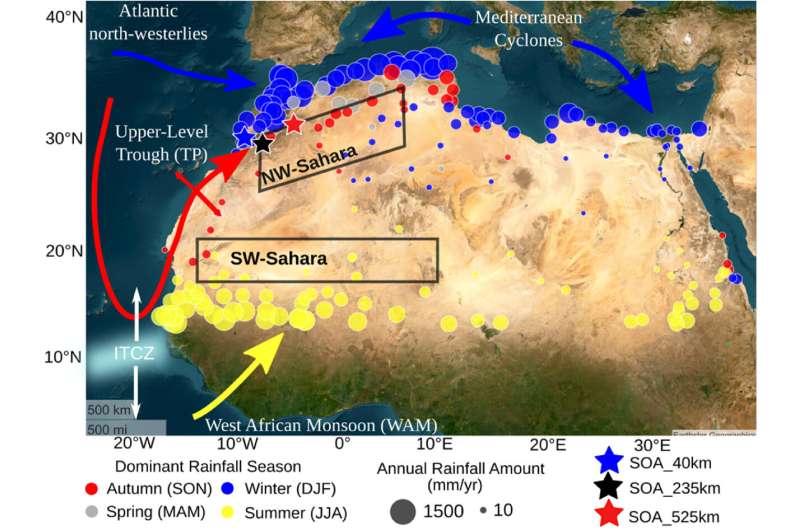Edit Content
Trending






Protein and carbohydrates are macronutrients, meaning your body needs them in relatively large amounts on a daily basis.
Low-carb and high-protein diets are some of the most popular diets for weight loss. Low-carbohydrate diets restrict carbohydrates, while high-protein diets require more protein than the Recommended Dietary Allowance (RDA).
Research shows that low-carb diets and high-protein diets can both be effective in helping you lose fat, but which is the best choice for you?
Low-carbohydrate and high-protein diets can both be good for weight loss, but few studies have compared the two diets.
One study suggests that increasing your protein consumption matters more than decreasing your carbohydrate consumption when it comes to weight loss.
The study compared different combinations of low-carb and high-protein: normal-protein normal-carbohydrate (NPNC), normal-protein low-carbohydrate (NPLC), high-protein normal-carbohydrate (HPNC), and high-protein low-carbohydrate (HPLC) diets on weight loss over a 12-month period.
The researchers found that the higher-protein diets were most effective for weight loss and that the high-protein component was the most important factor for losing and maintaining weight.
More research is needed, but this suggests that increasing your protein intake may be a more effective way to drop excess body fat than reducing carbohydrates.
Low-carb diets are eating patterns that restrict carbohydrates. Getting 45-65% of your daily calories from carbohydrates is generally recommended. A low-carb diet must provide fewer than 130 grams of carbohydrates per day or less than 26% of total calories from carbohydrates.
Low-carb diets can vary. Extremely low-carbohydrate diets, like the keto diet, allow fewer than 50 grams of carbohydrates per day or less than 10% of calories from carbohydrates. Other low-carb diets let you eat more carbohydrates.
Studies show that low-carb diets can be effective for fat loss. They are thought to promote weight loss by increasing feelings of fullness and supporting more stable blood sugar levels after eating. This can reduce calorie consumption and promote weight loss.
One review found that low-carb diets were more effective for improving weight loss than low-fat diets over 6-12 months.
A recent study found that a 16-week low-carb diet containing fewer than 130 grams of carbohydrates was more effective for reducing body mass index (BMI) and waist circumference than a Mediterranean diet in people with type 2 diabetes.
Other studies have found that low-carb diets are no more effective than traditional calorie-restricted diets. A different review found little difference between a low-calorie diet and a more balanced low-carb diet.
High-protein diets provide more protein than the Recommended Dietary Allowance (RDA), which is 0.8 grams of protein per kilogram of body weight or 0.36 grams per pound. It’s recommended that most people get 10-35% of their daily calories from protein.
High-protein diets typically provide over 1.2 grams of protein per kilogram or 0.54 grams per pound of body weight per day, which is significantly more than the RDA.
Eating more protein can help you lose weight by slowing your digestion and stimulating the release of hormones that make you feel full, decreasing overall calorie intake.
One review found that diets in which 18-59% of calories came from protein were more effective for supporting weight loss than control diets. Eating more protein reduced body weight by 3.5 pounds (1.6 kilograms) compared to control diets.
Following a high-protein diet may also help preserve muscle mass during weight loss. Maintaining muscle mass helps preserve your resting metabolic rate (RMR), which is the number of calories you burn while at rest.
A recent review found that increased protein intake significantly prevented muscle mass decline in adults who were overweight or obese and were trying to lose weight.
Many low-carb diets are higher in protein than standard diets, and many high-protein diets are naturally lower in carbohydrates due to their high protein content. When one macronutrient (like carbohydrates) is reduced, another (like protein) must replace it.
Following a low-carb, high-protein diet is a helpful way to lose weight because it combines the effects of reducing carbohydrate intake and increasing protein intake.
A study found that people with obesity who followed a low-carb, high-protein diet (30% carbohydrates, 30% protein, and 40% fat) for four weeks lost 58% more weight than participants who followed a Mediterranean diet of 55% carbohydrates, 15% protein, and 30% fat.
Another study found that a low-calorie, high-protein, low-carbohydrate diet containing 33% carbohydrates, 34% protein, and 30% fat was more effective for promoting weight loss in people with obesity over nine months than a low-calorie diet containing 53% carbohydrates, 20% protein, and 27% fat.
These findings suggest that diets lower in carbohydrates and higher in protein can support weight loss.
While low-carbohydrate and high-protein diets are helpful for weight loss, it’s best to choose a diet that suits your health needs and dietary preferences.
Low-carb and high-protein diets are flexible, so they both make good choices for people who want more freedom. For example, if you want to lose weight and improve your blood sugar, you may follow a low-carb diet higher in protein and fat. This can promote weight loss and support blood sugar control.
A diet high in protein may be a better option if you want to lose weight while building or maintaining muscle mass.
More restrictive low-carb diets with specific macronutrient ranges, such as the keto diet, may be an appropriate option for people with diabetes and obesity. Most people do not need to follow restrictive diets to meet their health goals.
If you’re unsure which diet is best for you, consider speaking with a healthcare provider, like a registered dietitian. They can help you develop a high-protein or low-carbohydrate eating pattern that best suits your needs.
Both high-protein and low-carbohydrate diets are effective for weight loss. However, some research suggests that increasing your protein intake may be the most important factor for increasing fat loss.
If you need help choosing an effective low-carb or high-protein diet, consider working with a healthcare provider to develop a plan that’s safe and meets your health needs.
©2024. Livebuzznews. All Rights Reserved.